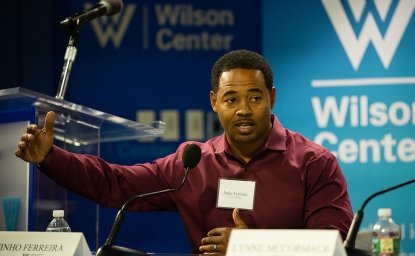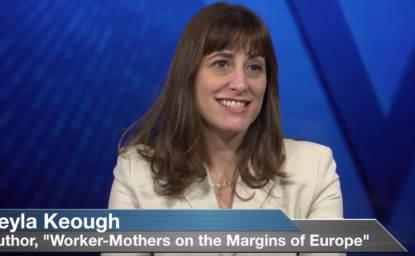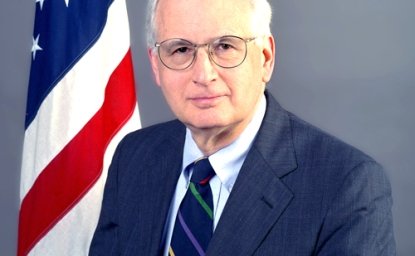On Monday afternoon the man presumed to be China's next leader, arrived in Washington for a meeting of the minds with his US counterparts. Vice President Xi Jinping will meet with President Obama and Vice President Biden at the White House. He will then make a rare visit, for a senior Chinese official, to the Pentagon, where he will meet Defense Secretary, Leon Panetta. His trip also includes a trip to Congress and a conversation with American business leaders at the U.S. Chamber of Commerce. After departing DC, he will travel to two Iowa cities, Muscatine and Des Moines, to discuss agriculture issues at events hosted by Agriculture Secretary Tom Vilsack. Finally, his US trip concludes in California at a lunch with business and civic leaders hosted by Los Angeles mayor Antonio Villaraigosa. The trip comes a week before the 40th Anniversary of President Nixon's historic trip to China in 1972. While not quite as dramatic as that historic visit, this is still a significant meeting between leaders of the two of the world's most powerful nations. To learn more about the man who will soon lead China and to gain perspective on expectations for his visit to the US, we spoke to a veteran China expert, J. Stapleton Roy.
J. Stapleton Roy is Director of the Kissinger Institute on China and the United States at the Woodrow Wilson International Center for Scholars. His four and a half decades in the U.S. Foreign Service culminated in his reaching of the rank of Career Ambassador. During his tenure he served as Assistant Secretary of State for Intelligence and Research and as U.S. ambassador to Singapore, the People's Republic of China, and Indonesia. He also served as a Senior Advisor of Kissinger Associates, Inc. and as director of Freeport-McMoRan Copper & Gold.







